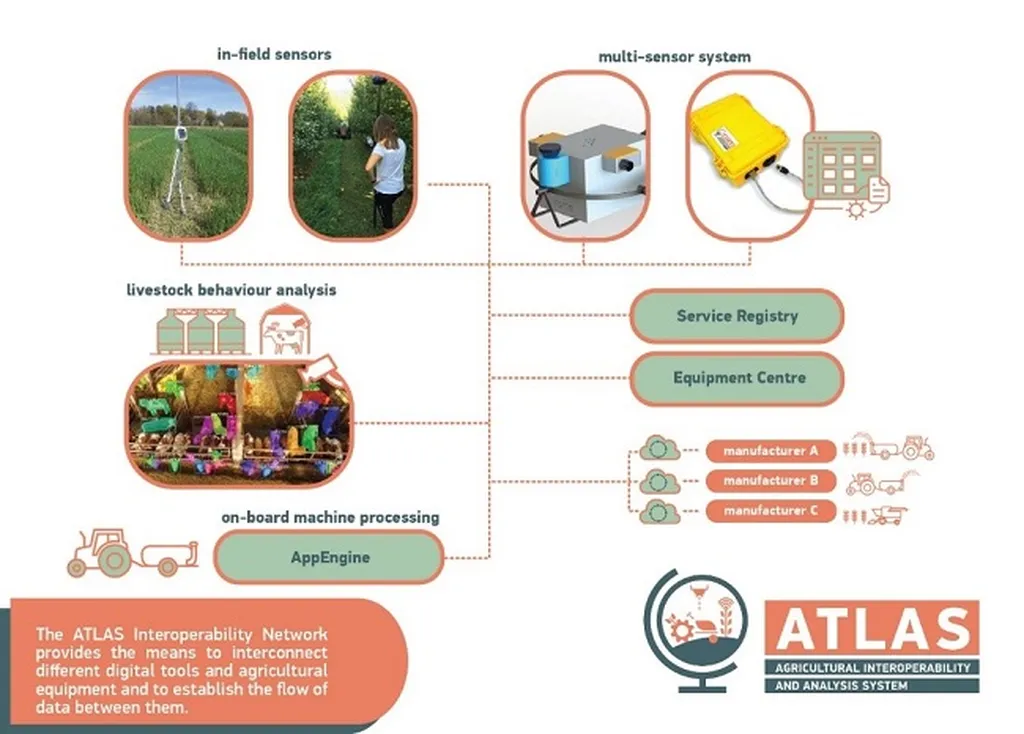In the rapidly evolving landscape of European agriculture, a critical gap has been identified that could significantly impact the digital transformation of the agri-food sector. A recent scoping review published in *Agriculture* sheds light on the underrepresentation of the agri-food sector within the European Digital Innovation Hubs (EDIHs) network, a program designed to accelerate digital technology adoption by SMEs and public organizations. The study, led by Irina Toma-Constantin from the Faculty of Agriculture at “Ion Ionescu de la Brad” Iasi University of Life Sciences, reveals that only 1.7% of EDIH beneficiaries by September 2024 come from the agriculture sector, highlighting a significant imbalance.
The EDIHs network, established by the EU, aims to foster digital innovation across various sectors. However, the review, which systematically examined 84 publications, found that research on EDIHs is fragmented and unevenly distributed. While ecosystem-level research dominates, internal dynamics and European network-level coordination remain understudied. This imbalance is particularly pronounced in the agri-food sector, which has been marginalized in the digital transformation process.
“Most contributions lack empirical validation, relying on theoretical frameworks or isolated case studies with limited geographic scope,” notes Toma-Constantin. This lack of empirical data poses a challenge for the sector, which could benefit greatly from targeted digital innovations. The review suggests that the agri-food sector’s marginal participation in the EDIH network could hinder its ability to compete in an increasingly digital global market.
The commercial impacts of this underrepresentation are substantial. Digital transformation can enhance efficiency, reduce costs, and improve sustainability in agriculture. For instance, precision farming technologies, enabled by digital innovations, can optimize resource use and increase crop yields. However, without adequate support and participation in programs like EDIHs, the agri-food sector may lag behind other industries in adopting these technologies.
The review outlines a research agenda to address these gaps, emphasizing the need for empirical studies and broader geographic representation. As the first comprehensive review addressing EDIHs in agri-food contexts, this study provides timely insights at the end of the first EDIH implementation cycle. It calls for a more equitable and evidence-based approach to digital transformation, ensuring that the agri-food sector can fully leverage the benefits of digital innovation.
The findings of this study could shape future developments in the field by advocating for increased focus on the agri-food sector within the EDIH network. By addressing the identified gaps, the sector can better position itself to adopt digital technologies, ultimately driving growth and sustainability. As the agricultural industry continues to evolve, the insights from this review will be crucial in guiding policy and research efforts to support the digital transformation of the agri-food sector.

